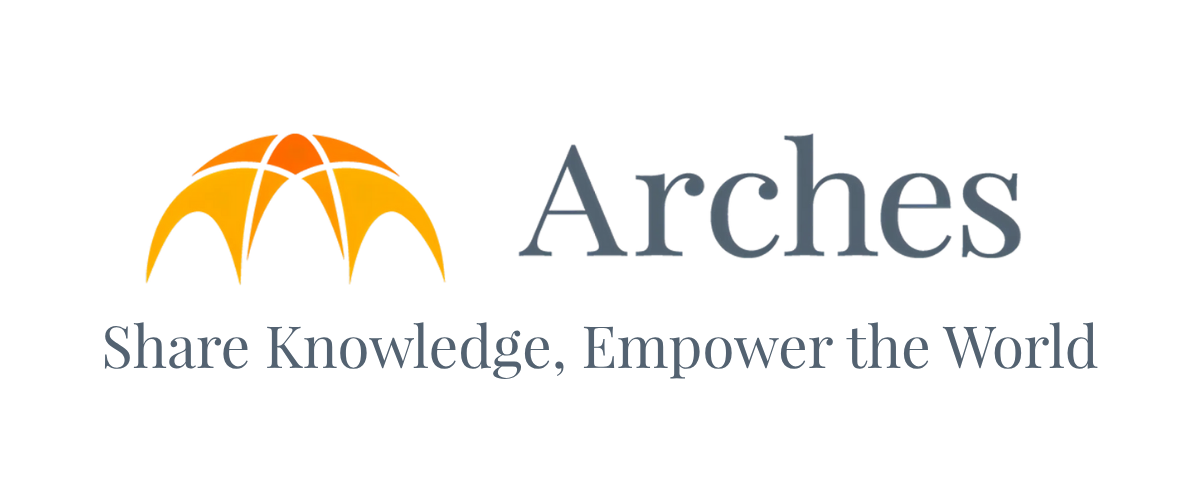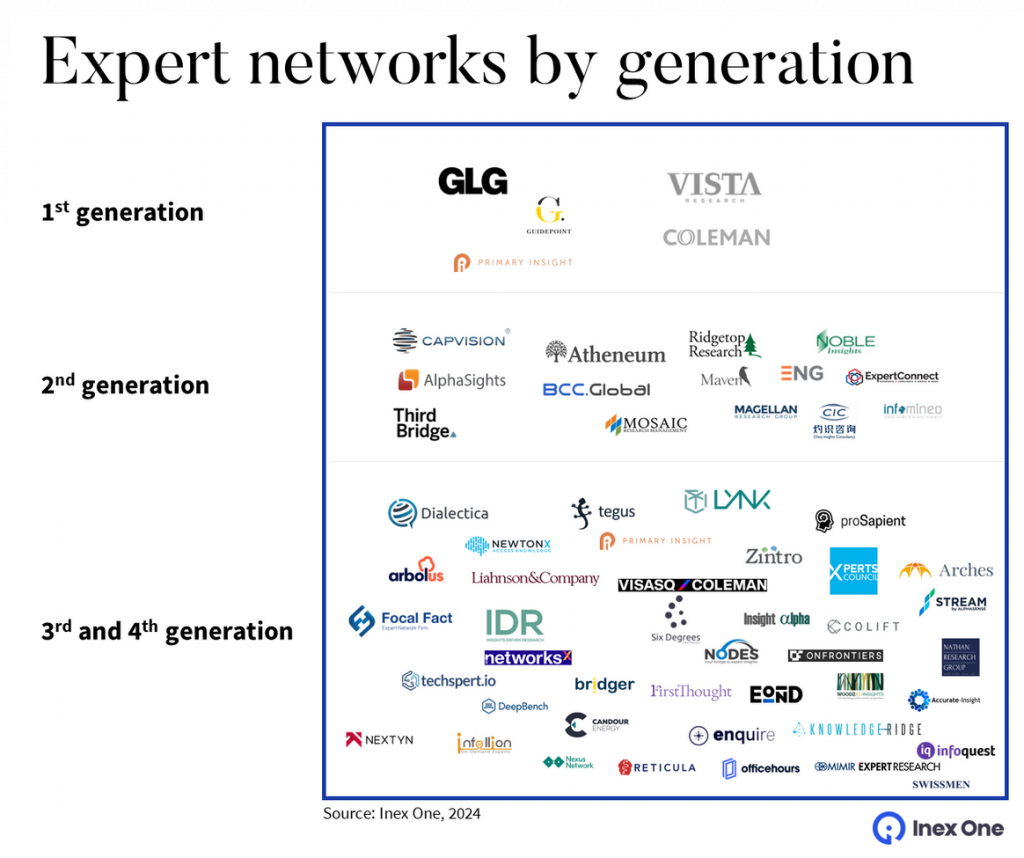Is Arches Expensive? The Real Cost of Getting Insight Wrong
Newsletter

The Misconception: Expert Networks Are Expensive Tools
For many decision-makers, expert networks still sound like a premium service: something to use sparingly, when timelines are tight or stakes are unusually high.
But the business world has changed. Market cycles move faster, competition for local knowledge has intensified, and the cost of getting it wrong has never been higher.
In that context, the real question is more about “What’s the cost of not using an expert network?”
At Arches, we’ve worked with investors and consultants across Tokyo, Seoul, and Ho Chi Minh City. The same pattern keeps appearing: when organizations treat insight as a cost center, they spend more time in revision and in missed opportunities.
The Shift: From Cost to Efficiency
Traditional consulting or in-house research depends on time-heavy validation, weeks of scoping, outreach, and synthesis before answers take shape.
Expert networks collapse that timeline. A one-hour call with a field operator or policy insider can deliver the clarity needed to confirm (or correct) a major decision.
Japan’s VisasQ acquired U.S.-based Coleman Research for US$102 million to strengthen its global reach and unify compliance standards across markets. U.S. and European players like NewtonX have also drawn major funding rounds, showing how the industry is being recognized not as a niche, but as the next generation of professional insight delivery.
(Read about Arches Raises 410 Million Yen in Additional Funding)
“Our clients don’t pay for speed alone,” says Hiroki Kato, CEO of Arches. “They pay for direction. The right expert call gives decision-makers something no report can, that is, immediate clarity on what to do next.”

The Ground View: Why Local Insight Matters
For global investors, especially those expanding across Asia, small context gaps can lead to large financial detours. A regulatory change in Vietnam, an unexpected market reaction in Korea, or a subtle difference in Japan’s corporate hierarchy, each can shift the feasibility of a deal.
Arches experts, who work inside these industries every day, often catch these shifts long before they appear in reports or data sets.
One global electronics firm entered China’s hydrogen sector, assuming even growth nationwide. Public data backed the optimism. Yet Arches energy experts painted a sharper map, subsidies pooled in only a few provinces, local standards still uneven, and pilot projects concentrated along the coast. A small shift in focus saved the client from nearly $20 million in misplaced investment and months of recalibration.
Another case came from a Japanese skincare brand eyeing ASEAN, showed the other side of the same lesson.
The client’s initial six-market rollout plan looked efficient on paper, but expert interviews revealed sharp contrasts in import licensing, retail channel maturity, and consumer behavior between Indonesia, Thailand, and Vietnam. By prioritizing just two markets for early launch, the company cut time-to-market by 40% and reduced partnership risks that would have delayed activation by months.
(Read about Arches’s case study here)
Whether it’s avoiding delay or correcting distortion, these insights show the value of context that only on-the-ground expertise can deliver. By flagging the issue early, the investor restructured the deal toward a different province with available grid capacity to save both time and capital.
What It Means for Decision Makers
Every global strategy faces two invisible costs: delay and distortion. Delay happens when teams wait too long for clarity. Distortion happens when decisions are made on incomplete or outdated data.
Expert networks reduce both. They allow decision-makers to test markets quickly, validate assumptions through active practitioners, and act with more certainty. The result is sharper strategies built on fewer, better conversations.
Beyond Cost: A New Model for Trust and Precision
While large consulting firms still dominate traditional advisory, their scale often limits speed.
Expert networks are rewriting that model, decentralizing knowledge, and making specialized insight accessible to teams of any size.
And Arches takes that one step further. We follow the same compliance standards as global networks but pair them with local fluency, experts who understand not just what happens in Asia, but why it happens differently.
Because in this region, where informal networks and rapid shifts define markets, context is a competitive advantage.
Expert networks aren’t expensive. Guesswork is.
In a world where markets shift faster than planning cycles, accessing verified expertise isn’t a premium, but how strategic organizations stay accurate and ahead.
Subscribe to Arches’ newsletter for grounded perspectives from experts across Asia, where global decisions meet local intelligence.
